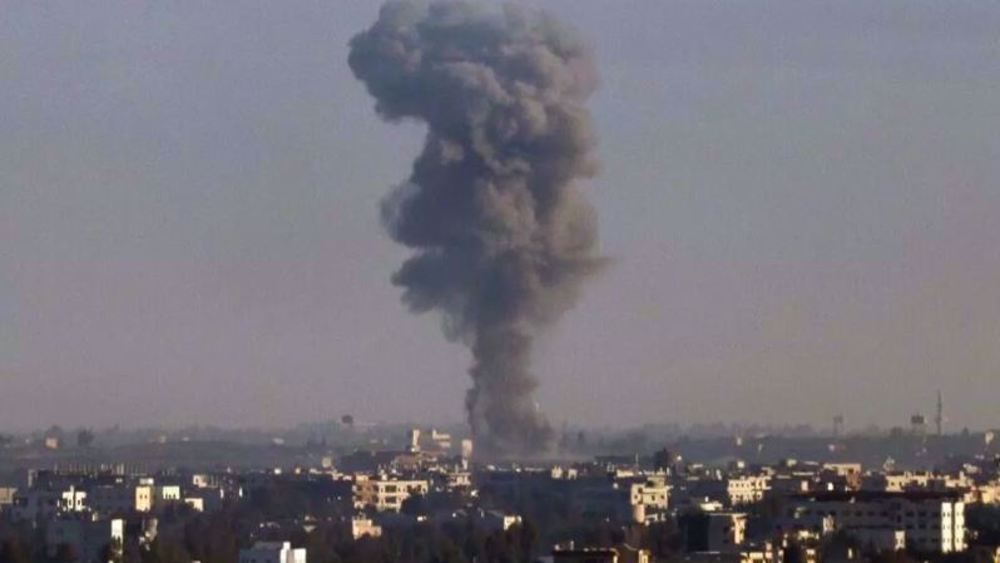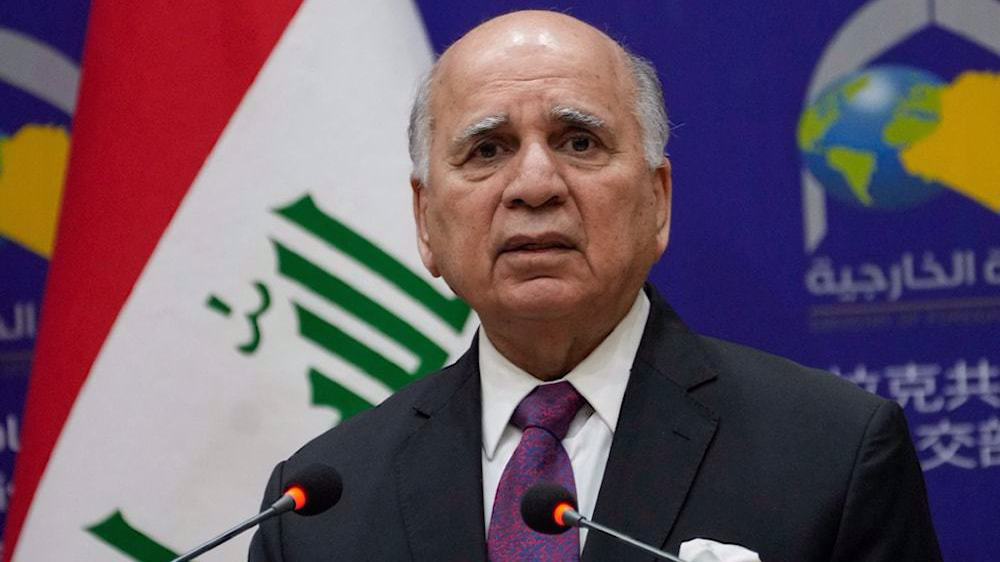Russia, Turkey agree to create buffer zone in Syria's Idlib
The leaders of Turkey and Russia say they have agreed to create a demilitarized buffer zone to separate Syrian government troops from Takfiri militant groups in the northwestern province of Idlib, as Ankara seeks to prevent a full-scale operation by the Damascus government against thousands of terrorists in the militant-held region.
"We have decided to create a demilitarized zone some 15 to 20 kilometers deep along the line of contact between the armed opposition and regime troops by October 15 of this year," Russian President Vladimir Putin said at a news conference with his Turkish counterpart, Recep Tayyip Erdogan, on Monday.
Putin made the announcement after lengthy talks with Erdogan in the Russian city of Sochi.
Putin said the agreement was that all heavy weapons be withdrawn from the zone and that armed groups, including the al-Qaeda linked Jabhat Fateh al-Sham, formerly known as al-Nusra Front, would have to pull out of the zone.
The demilitarized zone will enter into force by October 15, he added.
Erdogan also said at the joint news briefing that the two nations would carry out coordinated military patrols on the borders of the demilitarized zone.
Russia: No new military operation against Idlib
Meanwhile, Russian Defense Minister Sergei Shoigu said there will be no new military operation against Idlib by Syrian government forces and their allies. Shoigu was speaking after the Russian and Turkish presidents agreed on the creation of the zone in the troubled Syrian region.
The development came as Syrian army troops were preparing to launch a full-scale military operation against different factions of militants that have practically held hostage the inhabitants of Idlib for a long time.
Turkey tries to maintain a foothold in Idlib, which is home to an estimated three million Syrian people, in an alleged attempt to play a role in shaping Syria’s post-war politics and rebuilding its shattered economy.
The volatile region is also home to an estimated 10,000 to 15,000 members of armed groups that Russia, Turkey and the United States consider terrorists. However, Turkey supports tens of thousands of other militants, describing them as members of the so-called moderate armed factions fighting against the government of Syrian President Bashar al-Assad. Damascus and Moscow brand all of the armed factions in the region as terrorists.
Syria and Russia, a close ally of the Arab country, have already submitted proof and evidence to the United Nations and the Organization for the Prohibition of Chemical Weapons (OPCW) showing that terrorists in Idlib are preparing to set up another false-flag chemical attack to frame Damascus and pave the way for the US-led coalition to attack Syrian government troops.
Washington has accused the Syrian government of attacking civilians with chemical weapons in previous operations, including in Douma near the capital Damascus and in Khan Shaykhun in Idlib. Syrian authorities have strongly denied any involvement in either case, saying the attacks had been carried out by militants to slow Syria’s progress in the fight against terror.
Hamas thanks Iran, Resistance Front following achievement of ceasefire in Gaza
'Capitulation': Israeli officials and media concede Gaza defeat as truce unfolds
'Gaza has won': Social media users react to ceasefire with mix of relief, joy
Iran seeks South Korea’s assistance for AI, fiber-optic projects
VIDEO | Iran's 'Eqtedar' (Power) maneuver
Israel hits HTS military target in Syria for 1st time since fall of Assad
VIDEO | Press TV's news headlines
Israel has slaughtered 13,000 students in Gaza, West Bank











 This makes it easy to access the Press TV website
This makes it easy to access the Press TV website